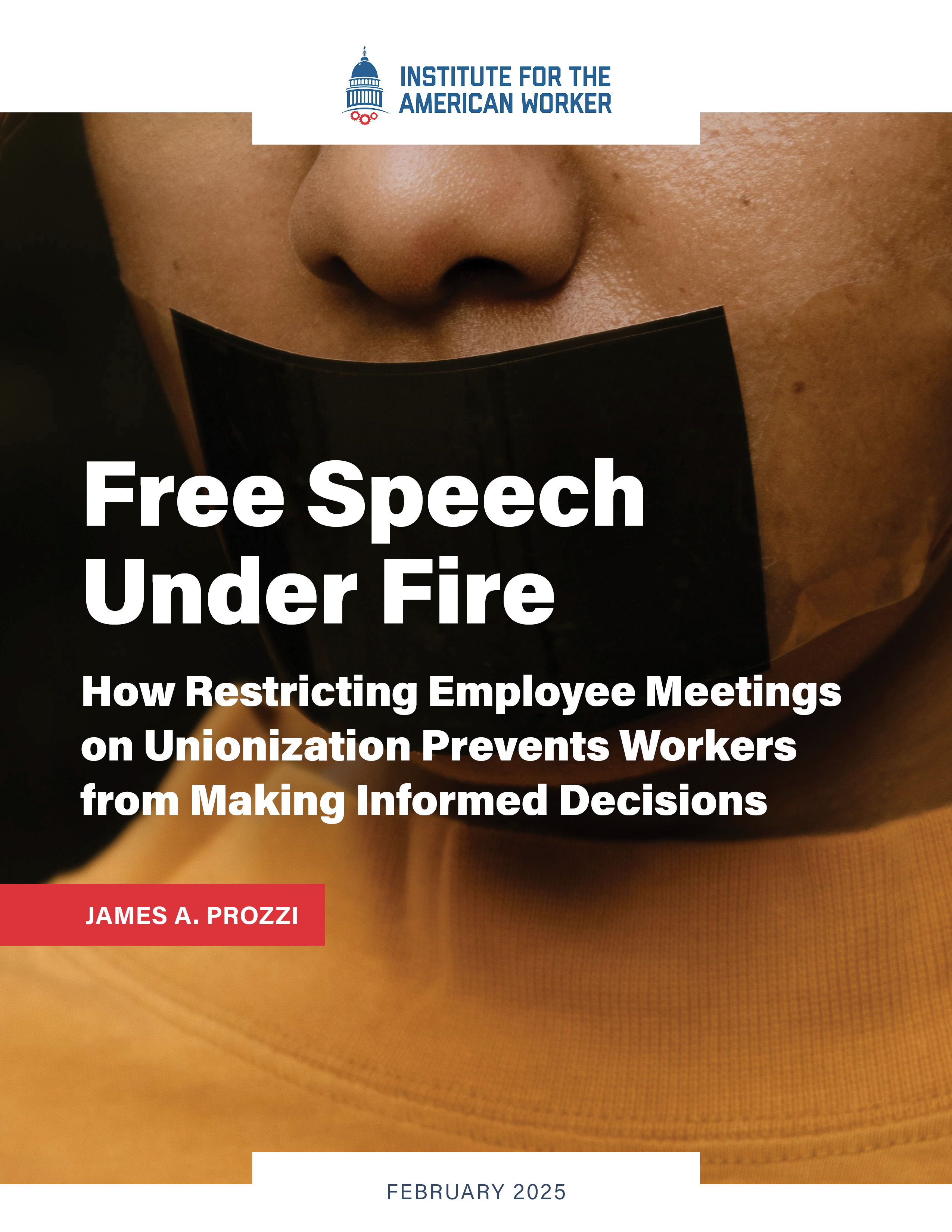Posts tagged employers
New York State Looks to Take Over Labor Law Enforcement Amidst Uncertainty at the NLRB
June 26, 2025 // With mounting uncertainty about the lack of a quorum and near term future of the National Labor Relations Board (the “NLRB” or the “Board”), New York State legislators are attempting to usurp the powers delegated to the Board by Congress.
MICHIGAN: While you were sleeping, the law changed
March 12, 2025 // The two laws were scheduled to take effect Feb. 21. The Legislature acted minutes (not hours) before the deadline and delivered the bills to Gov. Gretchen Whitmer in the middle of the night. Employers went to sleep on Feb. 20, woke up to a new regulatory environment, and are scrambling to understand the laws. How did we get here? In 2018, out-of-state advocacy groups sent two ballot measures to the Legislature. One measure imposed paid sick time mandates on every employer in the state — every company, nonprofit and government entity. The other measure mandated minimum wage increases, eviscerating the tip credit that helps restaurant servers and bartenders earn well above minimum wage.

Free Speech Under Fire: How Restricting Employee Meetings on Unionization Prevents Workers from Making Informed Decisions
February 13, 2025 // I4AW’s report, “Free Speech Under Fire: How Restricting Employee Meetings on Unionization Prevents Workers from Making Informed Decisions,” provides a point by point rebuttal of the NLRB’s flawed claims as to why, in Amazon.com Services LLC, the NLRB incorrectly overruled its 1948 decision in Babcock & Wilcox Co., and held that an employer cannot compel employees to attend a “captive audience meeting.”

Republicans Should Support Workers — Not the Failed Union Model
February 6, 2025 // Senator Hawley’s proposal would prevent workers from hearing both sides before a unionization election, which they would need to make an informed decision. Employers would be prohibited from holding meetings with workers. Unions would also be able to force ambush elections, depriving workers of time to do their own research and make up their minds. And, like the PRO Act, the proposal would even give unelected federal bureaucrats the power to force union contracts on workers, employers, and even unions.
Legal Update: Three Major NLRB Updates Pose New Challenges for Employers
December 9, 2024 // Employers must remain diligent in staying abreast of these recent shifts in labor law and policy, especially on the cusp of an administration change. While GC Abruzzo’s term appears likely to end early in 2025, and the Board majority could flip in 2025 or 2026, the new Republican administration’s position on labor policy remains unclear, especially in light of the recent nomination of a pro-labor nominee to lead the Department of Labor.
DOL Making it Harder to Hire Independent Contractors
October 1, 2024 // The DOL’s test is just one of many. The IRS uses a “right-to-control” test, which is generally more business-friendly, focusing on whether the hiring firm controls how the work is done. In contrast, many states apply the strict ABC test, where a worker must: ⦁ be free from the company’s control, ⦁ work outside the usual course of the hiring firm’s business, and ⦁ be engaged in an independent business or trade.
Commentary: Union ‘neutrality agreements’ are a threat to employers’ free speech
October 27, 2023 // Federal agencies have begun to make adoption of these so-called agreements a condition for federal contractors. For example, the U.S. Environmental Protection Agency and the Department of Health and Human Services have pushed neutrality agreements on contractors. The Treasury Department has even hinted it may alter the tax code to funnel job creators into these agreements. Virginia companies receive over $72 billion in government contracts annually, the largest amount among all states. These contracts are responsible for tens of thousands of Virginia jobs. It’s not difficult to see these forced federal neutrality agreement requirements as a backdoor attempt to silence Virginia employers and organize their companies. If allowed, this would be another blow to Virginia’s rich history of workplace freedom.
Labor’s AI Concerns Get an Airing at White House Meeting
July 5, 2023 // Workers shared stories of employers who used AI to track and monitor pace of work, leading to an increase in stress and raising privacy concerns, it said. Labor representatives told officials they must be involved in conversations around how AI will be implemented, given its serious workplace consequences. The White House emphasized the need for collaboration between the government, employers, and unions to effectively implement AI.
Private-sector employers add 235,000 jobs in December, payroll company reports
January 9, 2023 // Private-sector employers added 235,000 new hires across the United States in December, according to the December ADP National Employment Report produced by the ADP Research Institute in collaboration with Stanford Digital. Medium and small firms had robust hiring as big companies experienced declining job creation. “The labor market is strong but fragmented,” said Chief Economist Nela Richardson in a statement, “with hiring varying sharply by industry and establishment size. Business segments that hired aggressively in the first half of 2022 have slowed hiring and, in some cases, cut jobs in the last month of the year.”

Workers Should Be Able to Hear from Both Sides Before Union Votes
October 27, 2022 // To labor activists such “captive audience” mandatory meetings constitute union-busting. National Labor Relations Board General Counsel Jennifer Abruzzo has asked the full board to outlaw the practice. (The board has thus far not acted on her request.) Congressional Democrats have tried to get rid of them too. The pro-union Protecting the Right to Organize Act would prohibit companies from making the meetings mandatory. The legislation has stalled in the Senate. There is no good reason why managers shouldn’t be able to make a pitch to workers just like union activists. Collective bargaining is—or at least ought to be—the workers’ choice. They should be able to hear from all sides before they decide.
